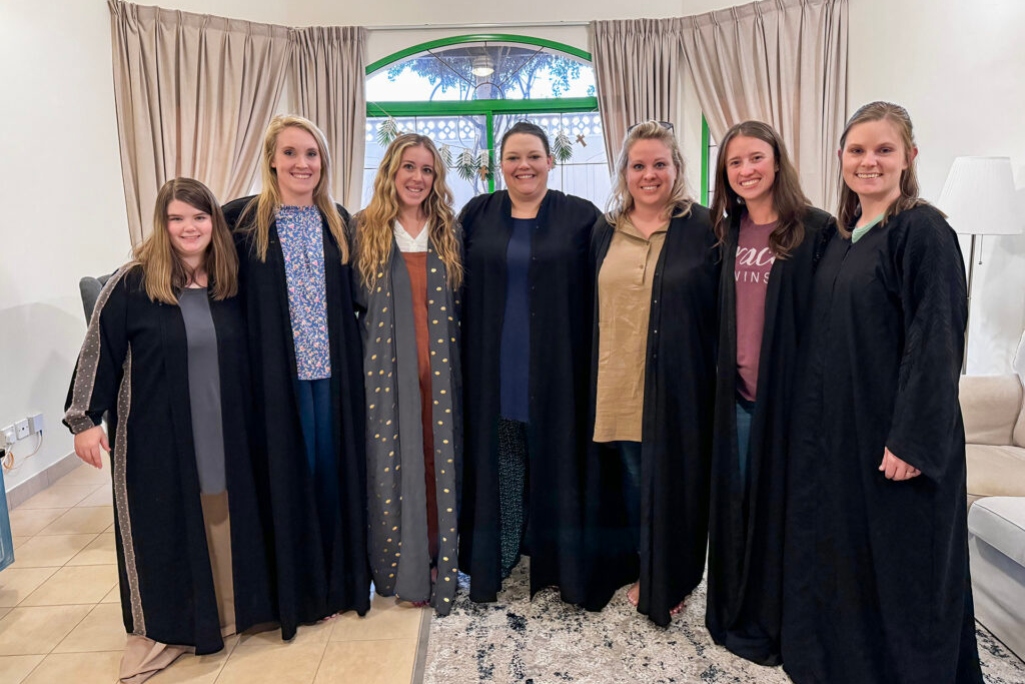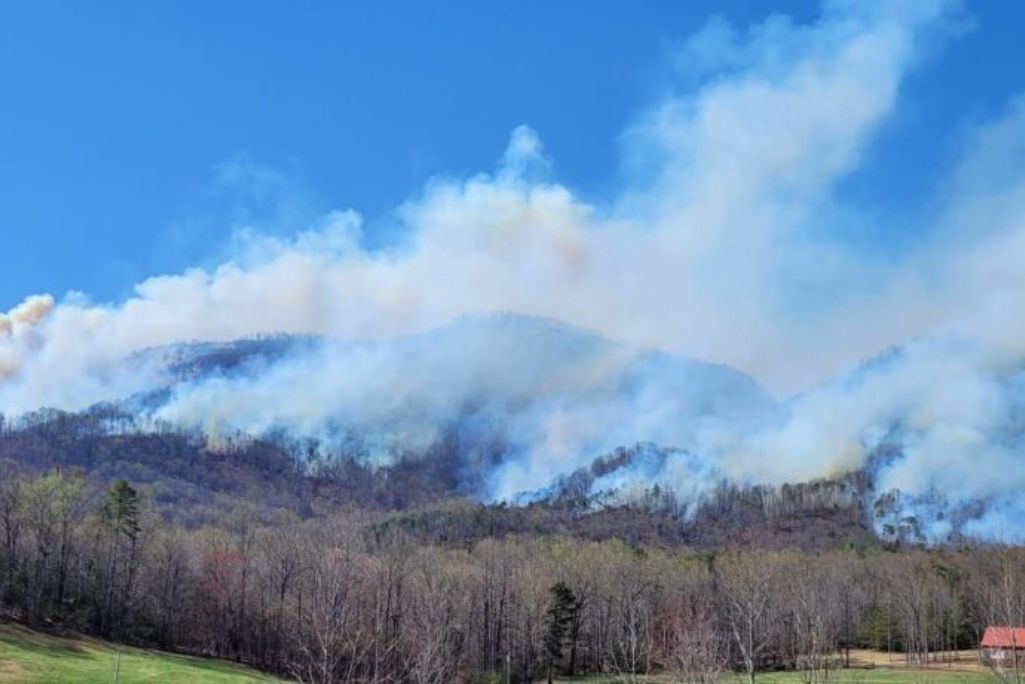
HONEA PATH, S.C. (BP) — Rwanda? Kenya? No trip sounded right. So, Katie kept searching for the perfect short-term mission trip on the International Mission Board’s (IMB) Go Experience website. Her women-only team from First Baptist Church Honea Path wanted a place where they could use their gifts and maybe look into a partnership.
After some prayer, Katie and co-leader Jaclyn opted for Rwanda, but that’s when the phone rang. It was the IMB. A volunteer request that matched FBC Honea Path even better had come in but there was a catch. It was in the Middle East during Ramadan.
It took all of two seconds for the team of seven women to say “Yes.”
“It didn’t matter where it was to us,” Katie explained. “This was the place God wanted us to go. The field workers needed an all-female team, used the same [gospel sharing] methods we trained on and use at our church and wanted to disciple local believers. The IMB couldn’t have matched us any better. We were all in.”
Being “all in” in the Middle East looked culturally different from in their small town in South Carolina. They left a community celebrating Easter and landed in a world observing Ramadan, when Muslims worldwide spend a month in fasting, prayer and reflection. This meant restaurants and coffee shops were closed during the day to observe fast. In many places, it is against the law to eat or drink in public during Ramadan fasting times.
Team member Kassi had friends and family praying for her hunger. The team followed local customs of not eating in public places until it was time to break the daily fast.
“The prayers worked. We were never hungry,” Kassi said. The team found the two cultures had something in common: hospitality. “Every house we visited; they fed us … even packed a bag of food for us to take when we left. We were their guests and they wanted to take care of us.”
In the evenings, the FBC Honea Path team shared iftar in the homes of new friends. This traditional meal breaks the daily fast after the sun goes down and normally starts with eating three dates. These home visits were a time to learn more about the culture and develop relationships. While their time was mostly spent with women, the men of the households often broke tradition and ate with the women and children just to interact and exchange stories with the Americans.
Team members Gracyn and Jaclyn said these times over meals were among their favorites. The two were invited by local women to a community center after the meal. They dressed in traditional black coverings and sat with the women. The older ones sat in the front, reading and chanting the Koran.
The two Americans sat in the back with the younger women and girls who had been their hosts that night. One of the girls whispered to Gracyn, “This is like your church,” to explain the meeting.
“We weren’t supposed to talk but she kept explaining things. She told me one prayer they chanted was for forgiveness. I asked if she felt clean and forgiven afterward,” Gracyn said. “It was time for us to go before the girl and I could talk more deeply about this. Even though we didn’t share as much as we would have liked, we were still there for a purpose. She saw Jesus in us.”
Katie laughed at her own preconceived plans to go in blazing and “share all things Jesus.” But the volunteers quickly realized that among peoples who have never heard of Jesus, gospel access often starts with being present, listening and living life together. It’s not uncommon for Christian workers in the Muslim world to share hundreds of times for just one to come to know the truth.
It takes a lot of prayer and preparation to even get to that point, Katie acknowledged. For the South Carolina women, prayer drives through villages and streets in the city helped to shape the vision of seeing all peoples worship at Jesus’ feet. They prayed for a swimming pool to one day be a baptismal pool. They asked God to open the hearts of their new friends to the gospel.
When the team landed back in the United States, they saw immediately the things they learned on this short-term mission trip were easily transferable to ministering in their own community. Many immigrants and refugees from similar cultures have begun to settle in areas near them.
“The nations are coming to us,” Katie said, showing a renewed commitment to reach those near her with the gospel. “But that doesn’t mean we still shouldn’t go. There are plenty of people living in these hard-to-reach places who need to hear.
“What are you waiting on?” she asked. “Go! Experience God on a global scale. It will change you and the life of your church.”
Last names withheld for security. Churches can work with IMB teams to find short-term trip opportunities.
(EDITOR’S NOTE — Sue Sprenkle writes for the IMB.)


